I’m not a believer in the American Dream. Aside from purely hard work, there are too many factors that contribute to success to not ignore them.
But as a child of two Asian immigrants, I recognize that the Dream brought my parents to America, and I make it my goal to accomplish what they set out for. As a result, I find more and more work piling up, not just for me, but also for my peers who set out to do the same.
Stemming from traditional Asian values, education is seen by many as the pathway for upward social mobility. Parents often toil long hours just to make enough in America to pay for their children’s education and future. They see their children as the generation for success, and as a result, they expect their kids to reciprocate the efforts by exerting an equal amount of energy to succeed academically.
I know this story all too well. Growing up in an environment where success was measured in relation to my peers, I’ve heard countless parents compare their children, looking for the best classes and extracurricular activities and learning how to boost our college applications. My sense of pride began to directly vary with my academic success, and I felt the incessant pressure to maintain that identity.
Yet, what I’ve never heard many families discuss is the mental health of the kids. Nobody ever talks about the effects of burnout and anxiety created as a result of these arduous lifestyles. And even when children do bring the subject up, parents often brush it off as “lazy” and their complaints as “excuses,” telling them to toughen up.
In the Asian American community, mental health is often seen as taboo, and kids are instructed to suppress their anguish. Crying is labeled as weak and childish and seeking help a weakness. As the West begins to increase its emphasis on mental health, my generation is stuck choosing between traditional familial beliefs and society’s values.
The intense pressure to succeed academically only serves to increase anxiety. For instance, the Bay Area is home to some of the most competitive schools in the nation and stories of the select few that get offered admission to prestigious universities arise every year.
In a bid to become one of these “model children,” many students overload themselves with a ridiculous number of AP and Honors classes, far more than they are capable of handling. And when they inevitably struggle to keep up, they find themselves with a terrible sleep schedule, a poor social life and deteriorating mental health.
Access to mental health care has never been more important. The CDC’s Household Pulse Survey found roughly 40% of young adults showed symptoms of anxiety stress disorder. Yet, even with increasing awareness, the stigma around mental health means Asian Americans still seek to get help much less than the average white American.
According to the American Psychological Association, Asian Americans are three times less likely to seek help than the average white American.
Moreover, other pressing issues exist, such as suicide. According to the CDC, suicide was the leading cause of death among Asian American males ages 1-19 and the second leading cause of death among Asian American females ages 1-19.
Living in America is already the first step toward improving our broken system of beliefs. Hailed as the land of freedom, America certainly puts a greater emphasis on individual freedom and opportunity. It encourages Asian American teenagers who may be on the verge of seeking help. Without the fear of judgment or discrimination, America has already helped many students advocate for their own well-being, but there is still a long way to go.
The parents of the Asian community mean well, and countless of them already make every effort to support their children academically. But there’s a facet to our identity that many don’t understand.
We shouldn’t have to hold back tears of pain or anguish. Expressing our emotions allows us to connect with others and is what makes us human. Our generation can put an end to the stigma around mental health. We can help turn this silent community to one that supports our future.
If you or someone you know is experiencing a mental health crisis, you can call the National Suicide Prevention Lifeline at 800-273-8255 or contact the Crisis Text Line by texting “HELLO” to 741741.

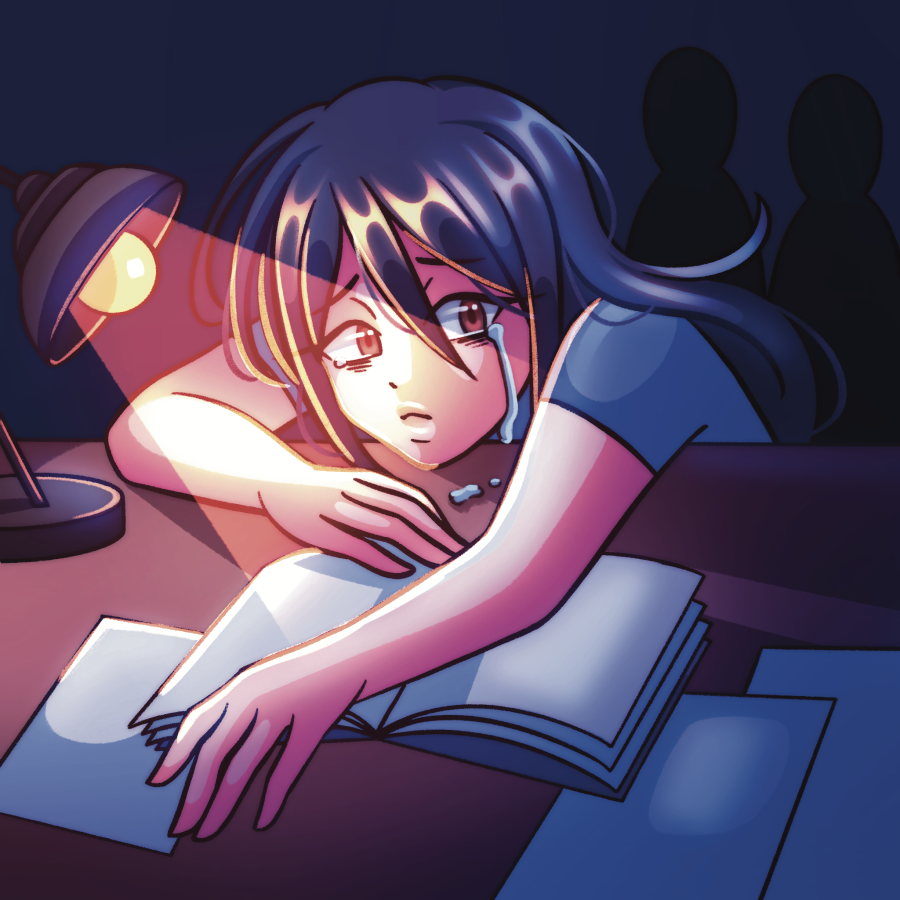
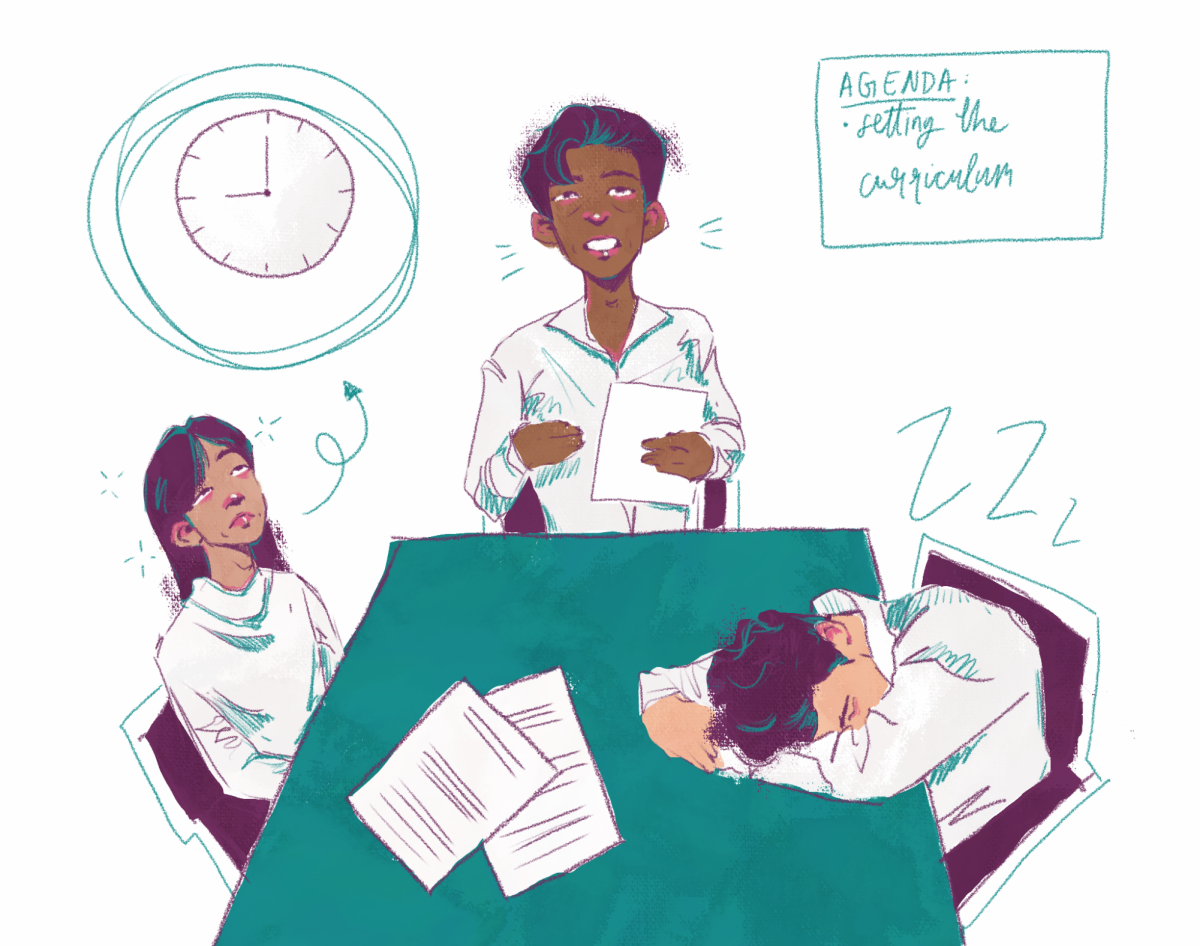
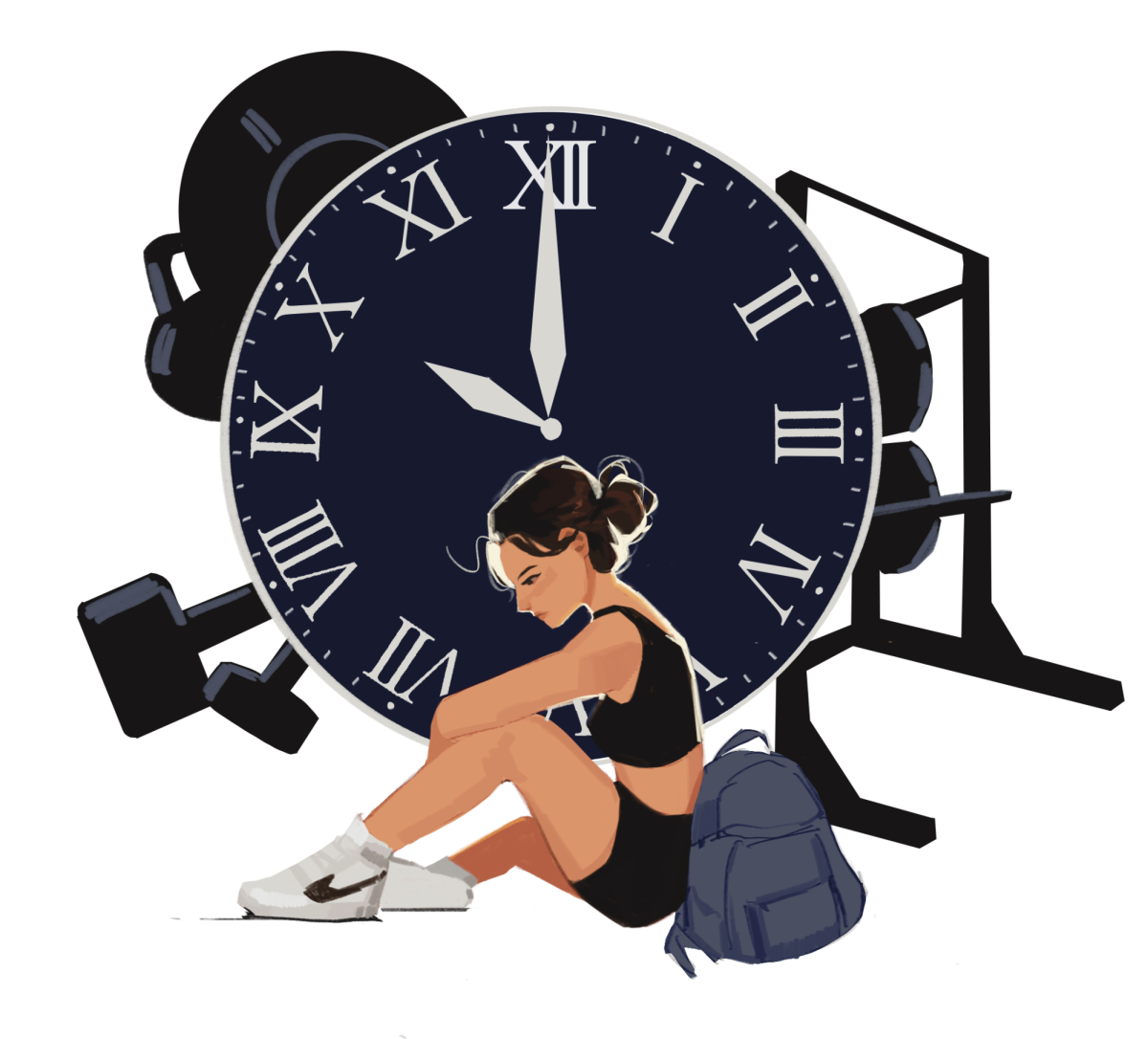
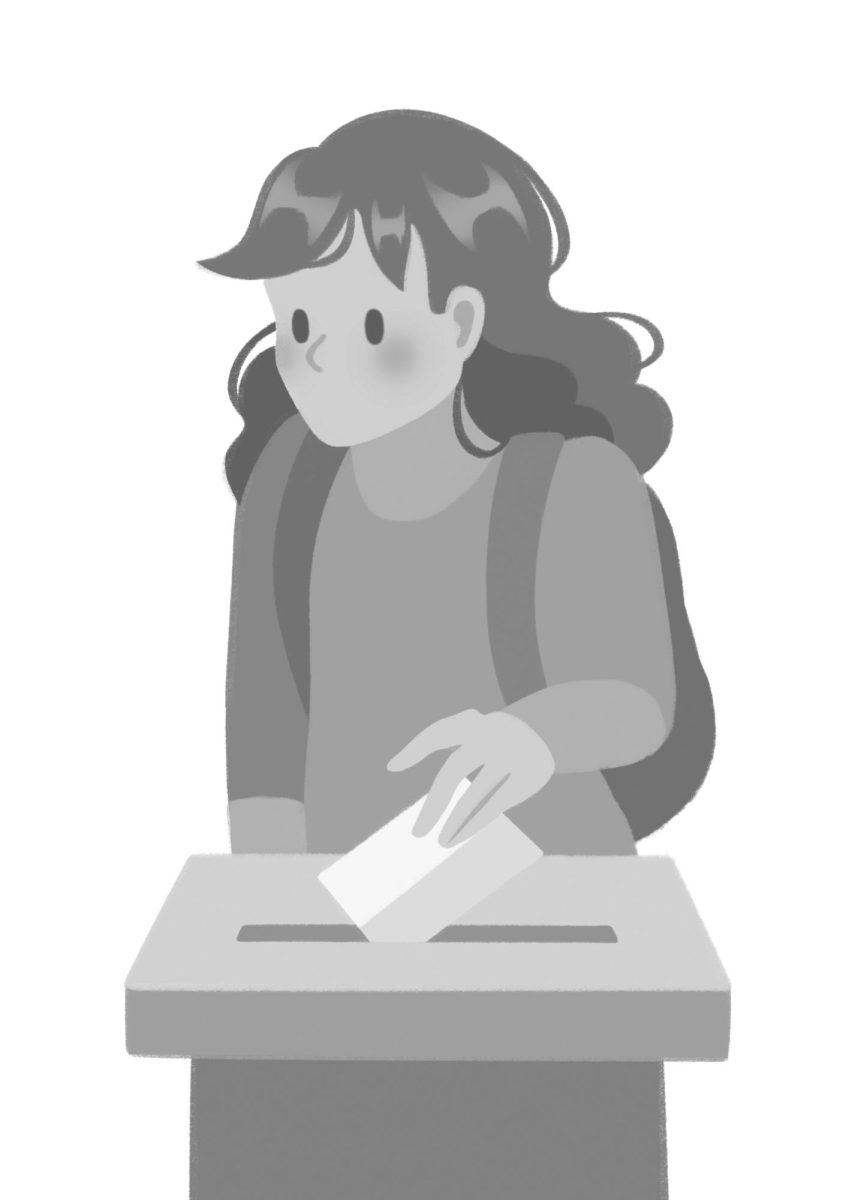
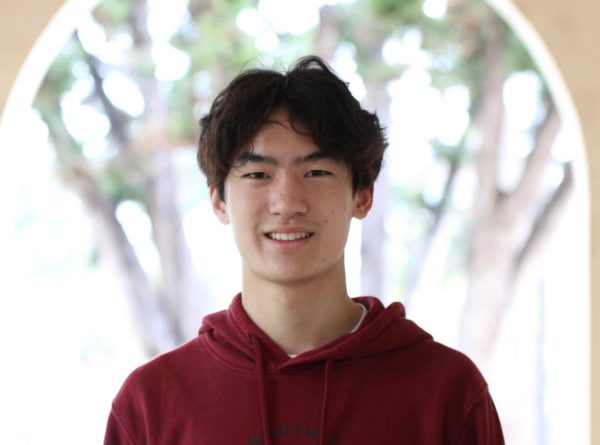


Rimsha Aslam • May 14, 2023 at 11:57 am
It is a precise article. Unfortunately, some parents may not be able to provide the necessary support for their children’s mental health. However, it is important to note that mental health is a complex issue and there can be many factors that contribute to mental health difficulties.
Rimsha Aslam • May 14, 2023 at 9:46 am
This article is very informative and motivated. It can be challenging for parents to recognize the mental health concerns of their children. Parents need to educate themselves about mental health, be aware of potential signs and symptoms, and create an open and supportive environment for their children to talk about their feelings and concerns.